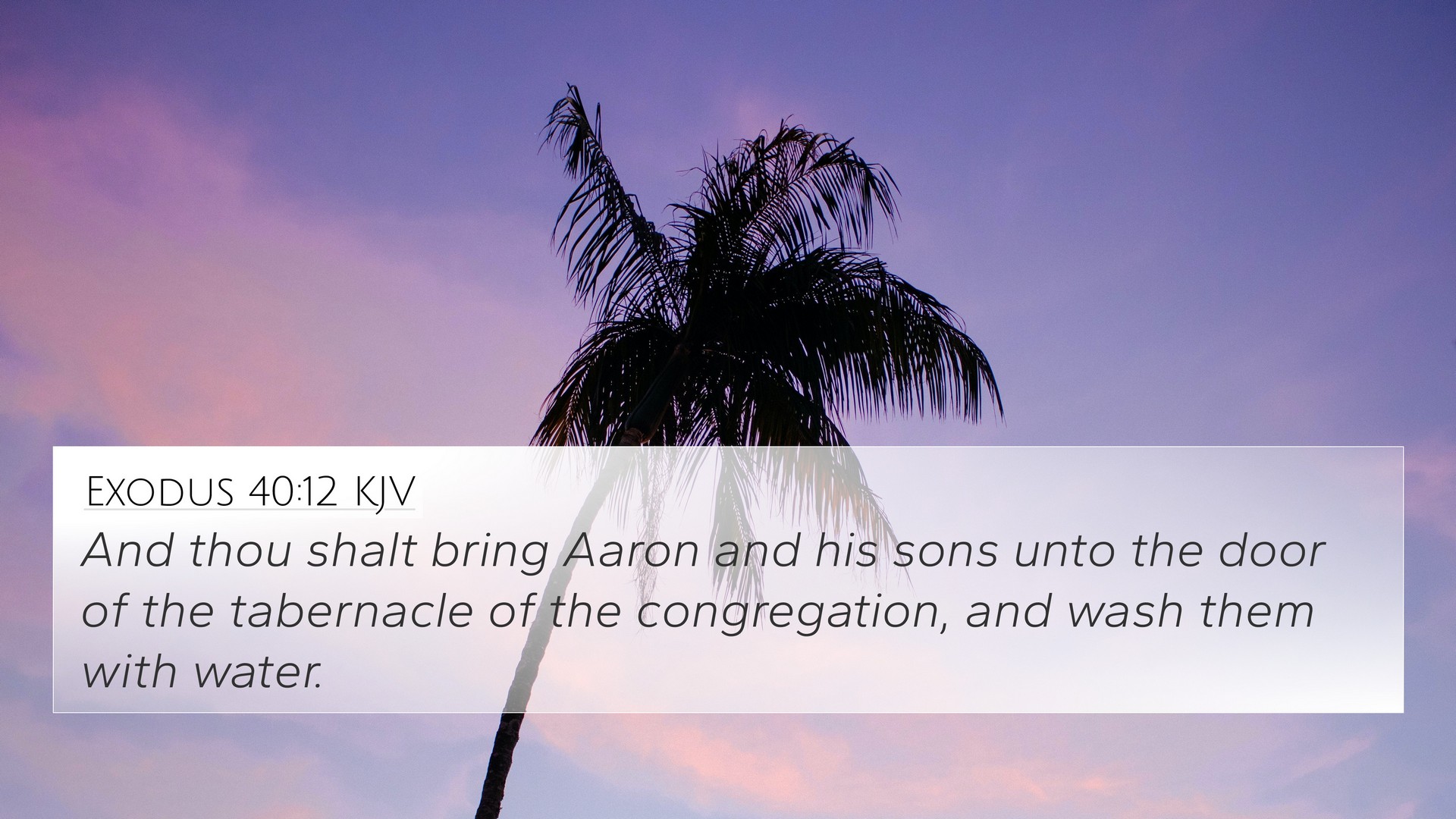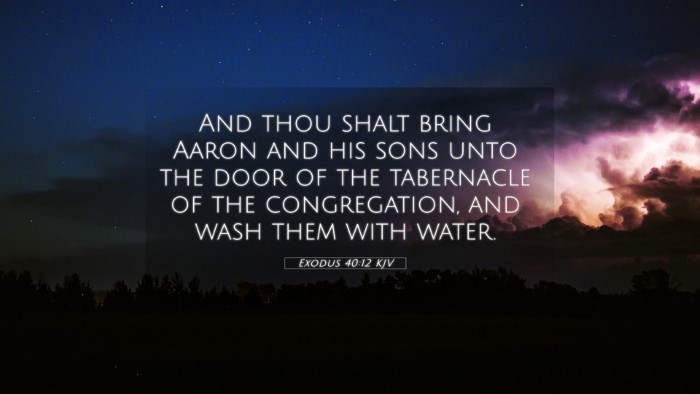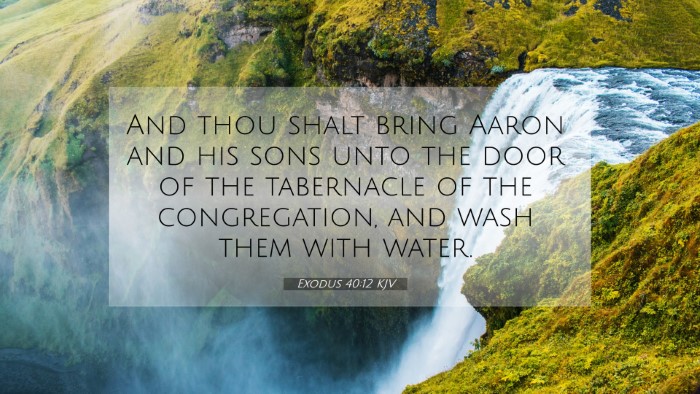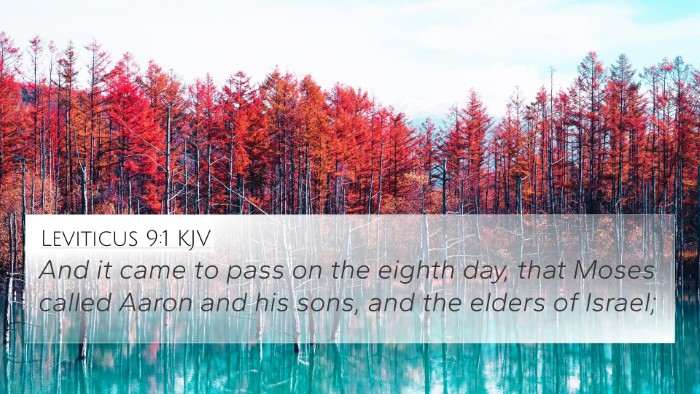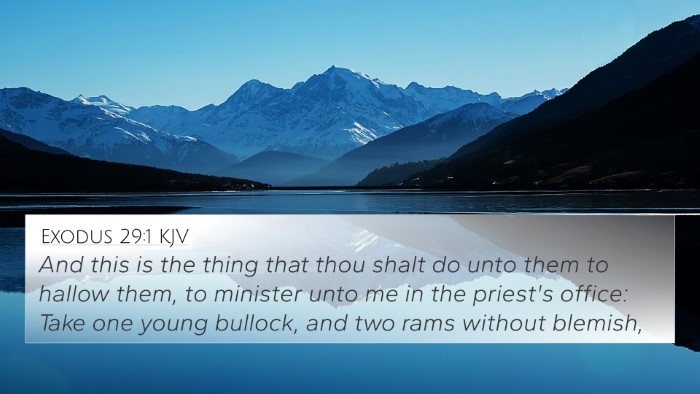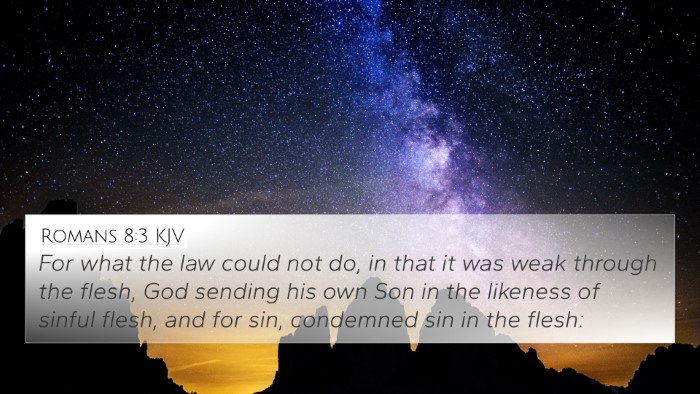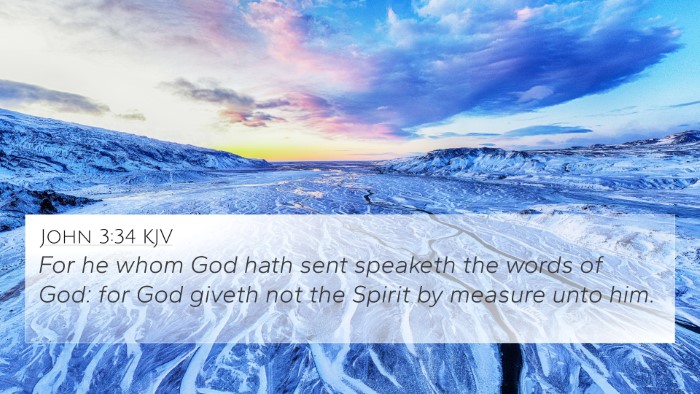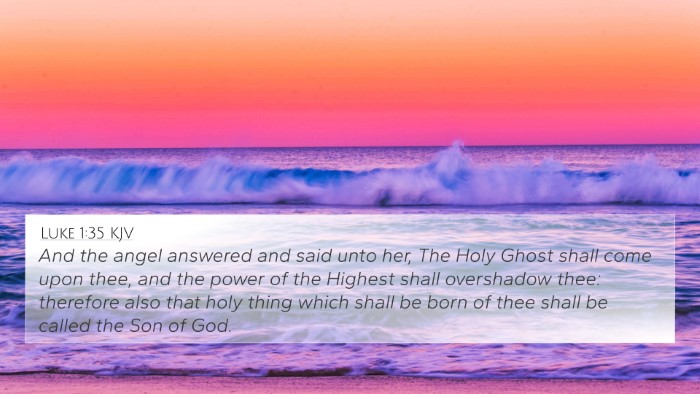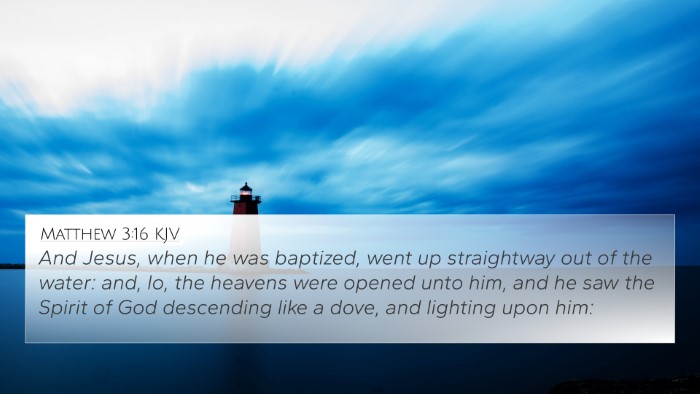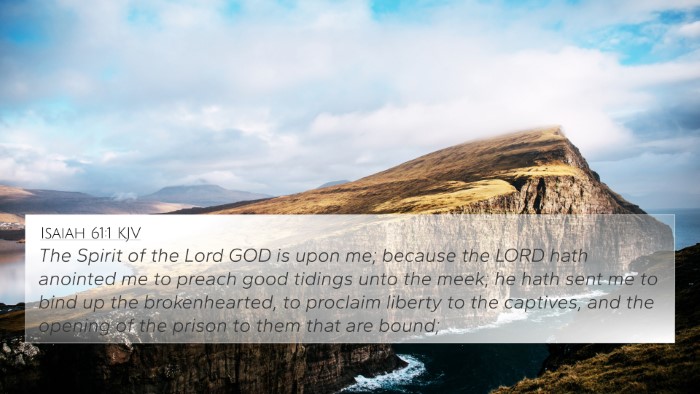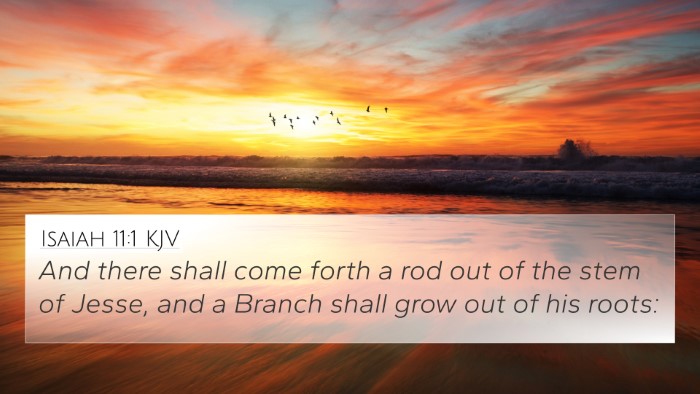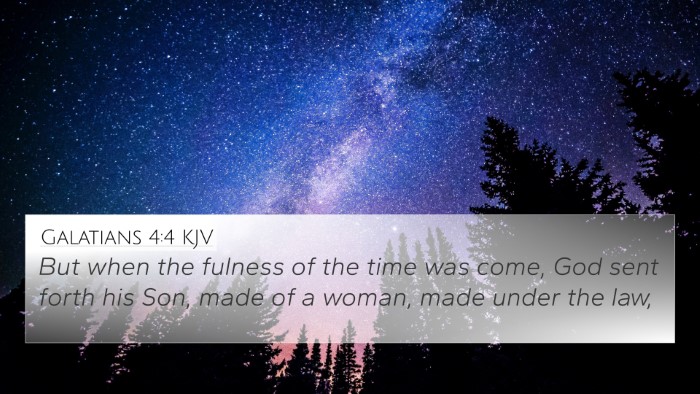Understanding Exodus 40:12
Exodus 40:12 states: "And thou shalt bring Aaron and his sons unto the door of the tabernacle of the congregation, and wash them with water." This command is part of the instructions given to Moses regarding the consecration of the priests, specifically Aaron and his sons, for their service in the Tabernacle.
Context and Significance
This passage falls within the larger narrative of the establishment of the priesthood and the rituals necessary for the sanctification of those who were to serve in the holy office. The act of washing signifies purification, a theme prevalent throughout the Scriptures.
Commentary Insights
- Matthew Henry's Commentary: Henry emphasizes the importance of ceremonial cleanliness as a prerequisite for temple service, symbolizing the need for inner purity when approaching God. The washing with water here represents the initial step of consecration, which is vital for Aaron and his sons, establishing their role as mediators between God and the people.
- Albert Barnes' Notes: Barnes notes that this washing represents a physical and spiritual preparation necessary before they could enter into the Holy Place. It illustrates that without purification, none could approach the presence of God. This connects to the New Testament teaching that believers must be cleansed through baptism.
- Adam Clarke's Commentary: Clarke points out that the washing signifies a deeper spiritual significance, indicating the cleansing from sin and the need for the empowerment of the Holy Spirit to serve effectively. He relates this ritual to the Christian practice of baptism and to the transformative work of the Holy Spirit.
Inter-Biblical Connections
Exodus 40:12 connects with several other Biblical texts:
- Leviticus 8:6-7: The consecration of Aaron and his sons includes a ritual washing.
- Matthew 3:16: Jesus' baptism represents a fulfillment of the washing requirement in service to God.
- Hebrews 10:22: Calls believers to draw near with a true heart in full assurance, having their hearts sprinkled clean.
- 1 Peter 3:21: Relates baptism as a pledge of a good conscience towards God, echoing the theme of purification.
- John 13:10: Jesus speaks to Peter about the necessity of being washed, highlighting the spiritual cleansing theme.
- Psalms 51:7: David asks for cleansing, pointing to the deeper heart condition and need for inner purity.
- Titus 3:5: Discusses the washing of regeneration and renewal through the Holy Spirit.
Thematic Connections
The theme of cleansing and preparation for service is recurrent throughout the Bible, establishing a pattern that emphasizes God’s call for His people to be holy as He is holy. Below are additional connections that reinforce this theme:
- Exodus 19:10: Preparation for God's revelation at Mount Sinai through washing and sanctification.
- James 4:8: A call to draw near to God with a promise of Him drawing near to the repentant heart.
- Romans 12:1: The call to present our bodies as living sacrifices, a theme aligned with consecration.
Bible Verse Cross-References
To assist in understanding Exodus 40:12 further, here are tools and methods for engaging in Bible cross-referencing:
- Bible Concordance: A useful tool for finding words and phrases that connect various scriptures.
- Bible Cross-Reference Guide: Guides that categorize verses thematically or contextually.
- Cross-Reference Bible Study: A method that encourages exploring interconnections between verses.
- Identifying Connections Between Old and New Testament: Engaging in comparative studies to find links across Testaments.
- Detailed Cross-Reference Between Gospels: Looking for parallels in the Gospel accounts related to themes of purification.
Conclusion
Understanding Exodus 40:12 not only enriches our comprehension of the dedicated steps taken to consecrate God's appointed leaders but also encourages us to seek our own spiritual cleansing and preparation for service. Through the examination of these connections and themes, believers can appreciate the significance of purity in approaching God, ultimately fulfilled in Christ.
